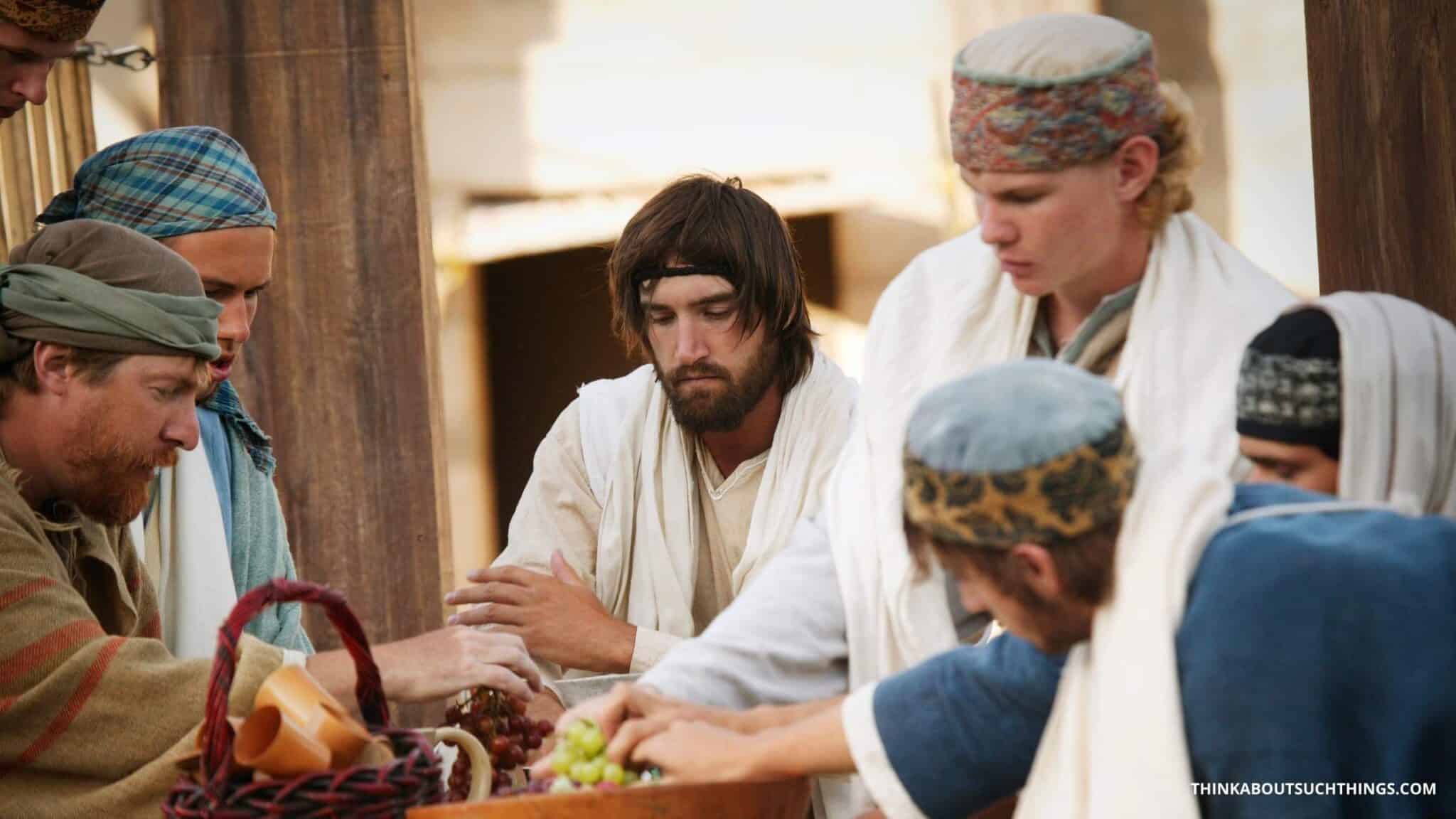In the tapestry of Christian history, two terms intertwined with Jesus’ ministry, apostles and disciples, have often engendered questions. While their paths intersected, their roles and responsibilities within the embryonic Christian movement possessed distinct nuances. Join us on an enlightening journey as we untangle the differences between these two pivotal figures in the annals of Christianity.

Image: thinkaboutsuchthings.com
Defining Discipleship: A Journey of Learning and Faith
The term “disciple” emanates from the Latin word “discipulus,” signifying “a pupil” or “a follower of a teacher.” In biblical contexts, disciples were individuals who embraced Jesus’ teachings, seeking spiritual enlightenment and guidance. Discipleship extended beyond rote memorization of doctrines; it entailed a profound transformation, a reorientation of one’s life centered on Jesus’ message. They followed Jesus, not merely out of curiosity, but as devotees committed to a life in alignment with his teachings.
Stepping into the Apostolic Realm: Leaders Empowered by God
The term “apostle” is steeped in Greek origins, “apostolos,” meaning “one sent forth.” In Christian parlance, apostles were not mere followers of Jesus; they were carefully chosen emissaries tasked with propagating the gospel and establishing the pillars of the early Church. They were not merely conduits of information; they were entrusted with the awesome responsibility of spreading the faith, appointed by Jesus himself. Among the apostles, Peter, Paul, and John are venerated as pivotal figures, instrumental in shaping the doctrines and practices of the nascent Christian movement.
Delving into Key Distinctions: A Closer Examination
While the spheres of discipleship and apostleship overlapped, a discerning eye can detect fundamental differences between the two roles. Disciples were numerous; anyone yearning for spiritual nurture and guidance could assume the mantle of a disciple. Apostles, in contrast, were a select group, handpicked by Jesus. They were intimately involved in his ministry, witnessing firsthand his teachings and miracles, and they played an integral role in laying the foundations of the Christian faith.
Discipleship was typically an informal affiliation. Individuals gravitated towards Jesus, drawn by his charismatic presence and profound teachings. They followed him, eagerly absorbing his wisdom, integrating his teachings into their lives, and spreading his message within their own circles of influence. Apostleship, on the other hand, was a formal appointment. Jesus specifically chose and ordained his apostles, bestowing upon them a specific mission and the authority to lead the Church.
The distinction between apostles and disciples becomes even more apparent in the exercise of their respective roles. Disciples played a vital role in disseminating the faith among the burgeoning Christian communities. They bore witness to the life and teachings of Jesus, recounting his parables, miracles, and profound discourses. Apostles, however, were invested with additional responsibilities. They not only preached the gospel but also played a leadership role, providing direction, guidance, and governance to the fledgling Church. They presided over the sacraments, ordained new leaders, and resolved doctrinal disputes, acting as stewards of the faith.

Image: www.pinterest.es
What Is The Difference Between Apostle And Disciple
Conclusion: A Tapestry of Faith, Leadership, and Divine Purpose
The Christian movement is an intricate tapestry interwoven with a multitude of threads, each playing a unique and vital role. Apostles and disciples, although distinct in their functions, were integral threads in this divine tapestry. Disciples, as followers and students of Jesus, sowed the seeds of faith among the masses, while apostles, as leaders and emissaries, played a pivotal role in shaping the doctrine, structure, and governance of the early Church. Their collective efforts ensured the enduring legacy of Christianity, a faith that continues to inspire and guide millions worldwide.